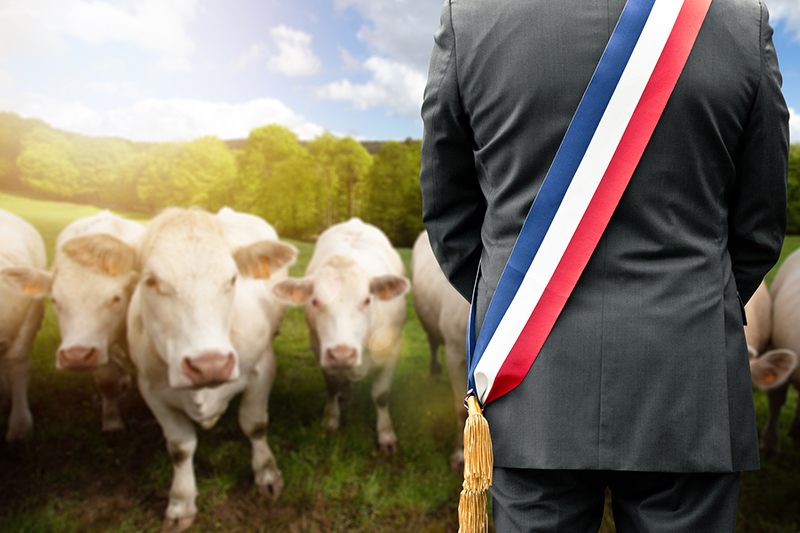The New York Court of Appeals soon may decide whether “Happy,” a 50-something-year-old elephant in the Bronx Zoo, possesses human rights.
While this may appear on its face to be a preposterous proposition, it is one being considered seriously by the highest court in the state of New York.
The case in favor of granting human rights to non-human animals is being pressed by the Nonhuman Rights Project (NhRP) via a habeas corpus petition, the ancient and constitutionally enshrined principle that an individual has a fundamental right to force the government to prove it has a legal right to detain that person.
The question as to whether animals possess or should be granted “rights,” has been a topic of debate going back at least to the mid-18th century in England. Only recently, with the 2007 establishment of NhRP (originally called the Center for the Expansion of Fundamental Rights), has the issue gained legal traction in the United States.
Not surprisingly, these earlier lawsuits filed by NhRP were docketed in New York state courts on behalf of chimpanzees Tommy, Kiko, Hercules and Leo. While these habeas corpus petitions were not granted by the New York court at the time, as with many fringe legal theories, if advocates press their theories consistently and patiently, the odds for a favorable result increases. Hence, the current case on behalf of Happy the elephant.
It is easy to dismiss the legal theory that non-human animals should be recognized as having human legal rights. The consequences of permitting such a principle to advance and take hold even to a limited extent in our judicial system, however, are profound. The Maryland-based, animal-rights non-profit The Humane League, for example, lists the following among the animal “rights” it hopes one day to be legally recognized: the right not to be used for human food, the right not to be hunted by humans and the right not to be bred by humans.
Perhaps one of the most important consequences of granting non-human animals human rights, would be the very real possibility of stopping the use of laboratory animals in research to cure and prevent diseases in humans.
As with many liberal ideas that take hold in our country, they come to us from our erstwhile parent, the United Kingdom, and animal rights legislation would be no exception. An “Animal Welfare (Sentience)” bill recently passed in the British Parliament. The legislation covers not only farm animals and other vertebrae as “sentient” beings possessing rights, but also crabs, lobsters, prawns and octopuses. It also would establish the “Animal Sentience Committee” — a bureaucracy charged with enforcing the new-found rights; a familiar and time-honored process here in the United States as well.
These legal and — in the U.K. and a number of other countries — legislative moves go dramatically further than existing U.S. laws protecting animals against mistreatment.
Animal cruelty laws already protect nonhuman animals by making mistreatment of animals a criminal offense in every one of our 50 states. A number of well-known and respected non-profit groups, most notably the American Society for the Prevention of Cruelty to Animals (ASPCA), founded in 1866, provide significant private sector muscle in aid of those laws.
Still, the drive to enlist the judicial branch to recognize that animals have and should be accorded human rights continues apace, gaining the support of far-left politicians such as Democratic New York Rep. Alexandria Ocasio-Cortez and former New York City mayor Bill de Blasio.
Where all this will end up remains a mystery, but considering the “progress” attained thus far by animal rights organizations led by NhRP, and with the obvious willingness (if not preference) by the Biden administration to defer many policy decisions to international forums (such as the WHO), there is cause for real concern.
One of the criteria the NhRP cites in its case supporting human rights for its “client,” Happy the elephant, is that she “passed” a “self-awareness” test by “repeatedly touching a white ‘X’ on her forehead in a mirror.”
In the minds of these animal rights extremists, it would easily follow that the next step would be to declare Happy the elephant capable of placing an “X” on a voting machine touch screen.























